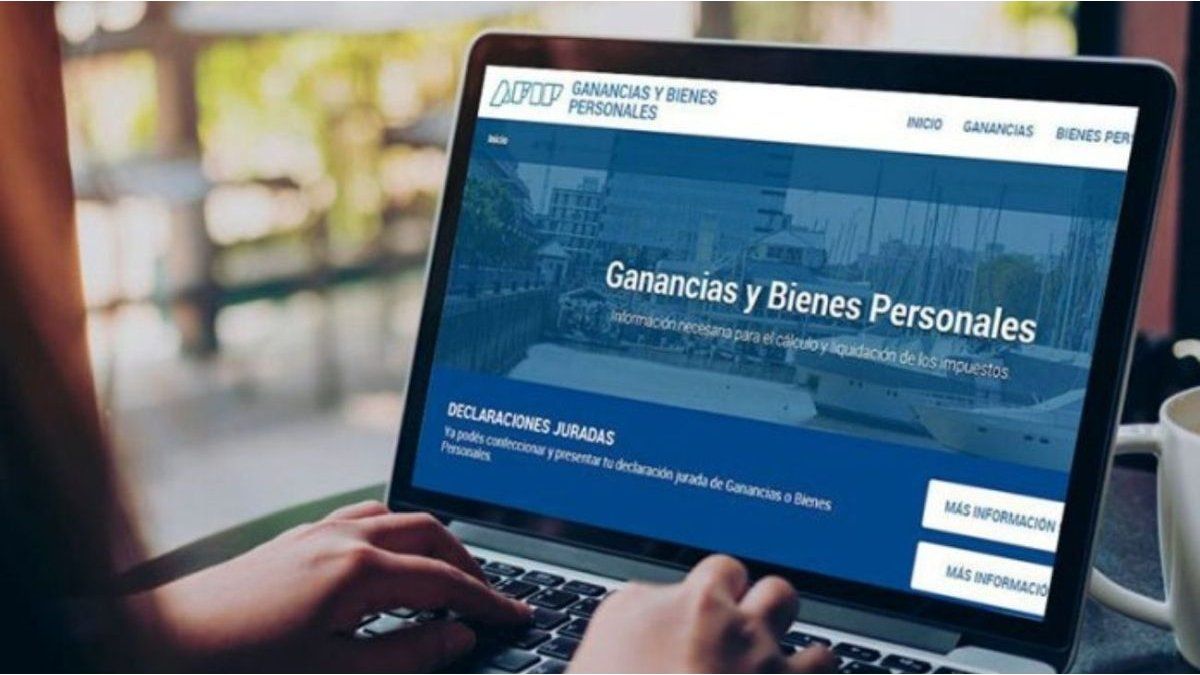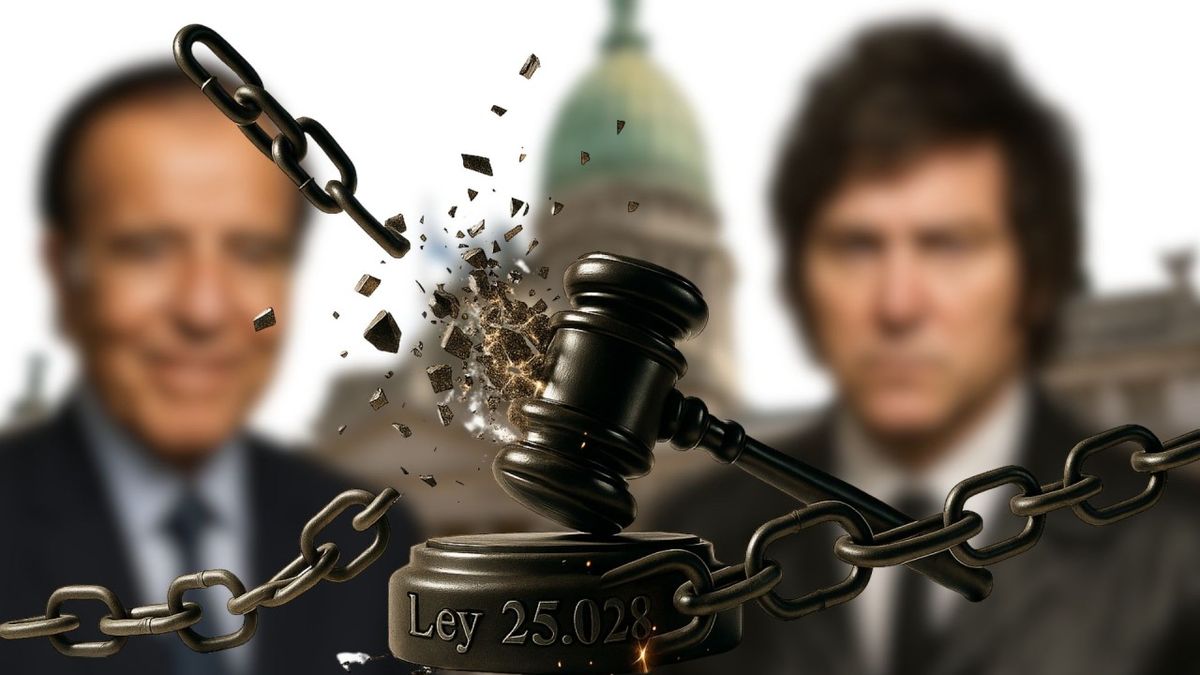The Government once again extended the deadline established in the personal property tax for the repatriation of financial assets corresponding to fiscal period 2023. In this way, the final date passed from April 30 to May 31 of this year.
The measure was communicated through the Decree 378/2024 published this Thursday in the Official Gazette, which recognizes the same arguments that at the end of March of this year led the Executive Branch to rule on the extension of the deadline.
Through Decree No. 281 of March 26, 2024, the period provided for in the income tax was originally extended. Personal property until April 30, 2024 to “allow those responsible for the tax and professionals in Economic Sciences to have an additional period to adopt the decision they consider appropriate and to carry out the tasks linked to the repatriation.”
Regulation 378 signed by the president Javier Milei, the chief of staff, Nicolas Posse, and the Minister of Economy, Luis Caputo, points out that currently “the reasons that led to the issuance of Decree No. 281/24 subsist, so it is necessary to establish a new extension of the deadline in question until May 31, 2024, inclusive.”
Personal Property: the deadline for repatriation is extended once again
For this reason, the president ordered to extend “from its expiration and until May 31, 2024, inclusive, the repatriation date planned for the fiscal period 2023, for the purposes of the provisions of article 2 of Decree No. 912 on December 30, 2021”.
At the end of April, the deadline to carry out the repatriation of assets located abroad established in the Personal Property Tax Law. This repatriation will allow access to the reduced rates in the declaration corresponding to the fiscal period 2023. It is worth mentioning that the sworn declarations of the Income Tax and the Tax on Personal Assets of human persons expire in mid-June 2024.
It is worth remembering that Since 2017, the regulations punish possession of assets abroad with higher rates. However, repatriation is an alternative to be able to access rates without increase for assets located abroad.
What is the process of repatriating personal property?
In order to carry out the repatriation, it is necessary to previously open a special account in Argentina – “Savings bank repatriation of funds – Personal Assets Law 27,541” in any banking institution. Once the account is opened, it must be entered into the country through a bank deposit between January 1 and March 31 of each year, inclusive:
- holdings of foreign currency abroad and
- the amounts generated as a result of the realization of financial assets located abroad,
together and, at least, equivalent to 5% of the total value of the assets located abroad.
Financial assets abroad: what defines the standard
The tax regulations establish that it will be understood as financial assets located abroad:
- holding foreign currency deposited in banking and/or financial and/or similar entities in another country;
- corporate participations and/or equivalents (private securities, shares, quotas and other participations) in all types of entities, companies or companies, with or without legal personality, incorporated, domiciled, rattached or located abroad (including sole proprietorships);
- rights inherent to the character of beneficiary, trustee (or similar) of trusts (trusts or similar) of any type constituted abroad, or in foundations of private interest abroad or in any other type of assets of similar impact located, established, domiciled and/or constituted abroad;
- every kind of financial instruments or securitiessuch as bonds, negotiable obligations, representative securities and certificates of deposit of shares, shares of mutual funds and other similar securities, whatever their denomination;
- credits and all types of foreign rightssusceptible to economic value and any other species provided for in the regulations.
The following are not considered assets abroad, according to queries made to the treasury:
- Argentine bonds deposited in foreign accounts
- Negotiable obligations and ADRs from Argentine companies
How to access repatriation benefits
To obtain the benefit the funds They must remain deposited until December 31inclusive, of the calendar year in which the repatriation would have occurred.
However, they may be destined for sale in the free exchange market (at the official exchange rate), through the financial entity that received the original transfer from abroad, and other investments such as productive investment trusts established by the Bank. of Investment and Foreign Trade and specific common investment funds regulated by the CNV, without these destinations affecting the obtaining of the benefit.
Source: Ambito




